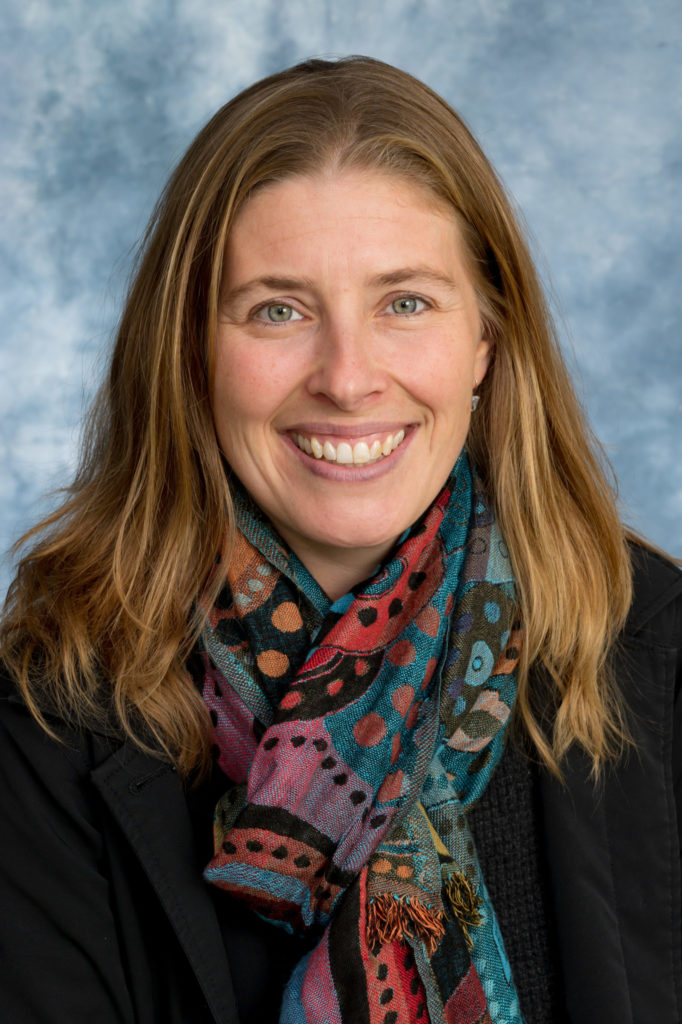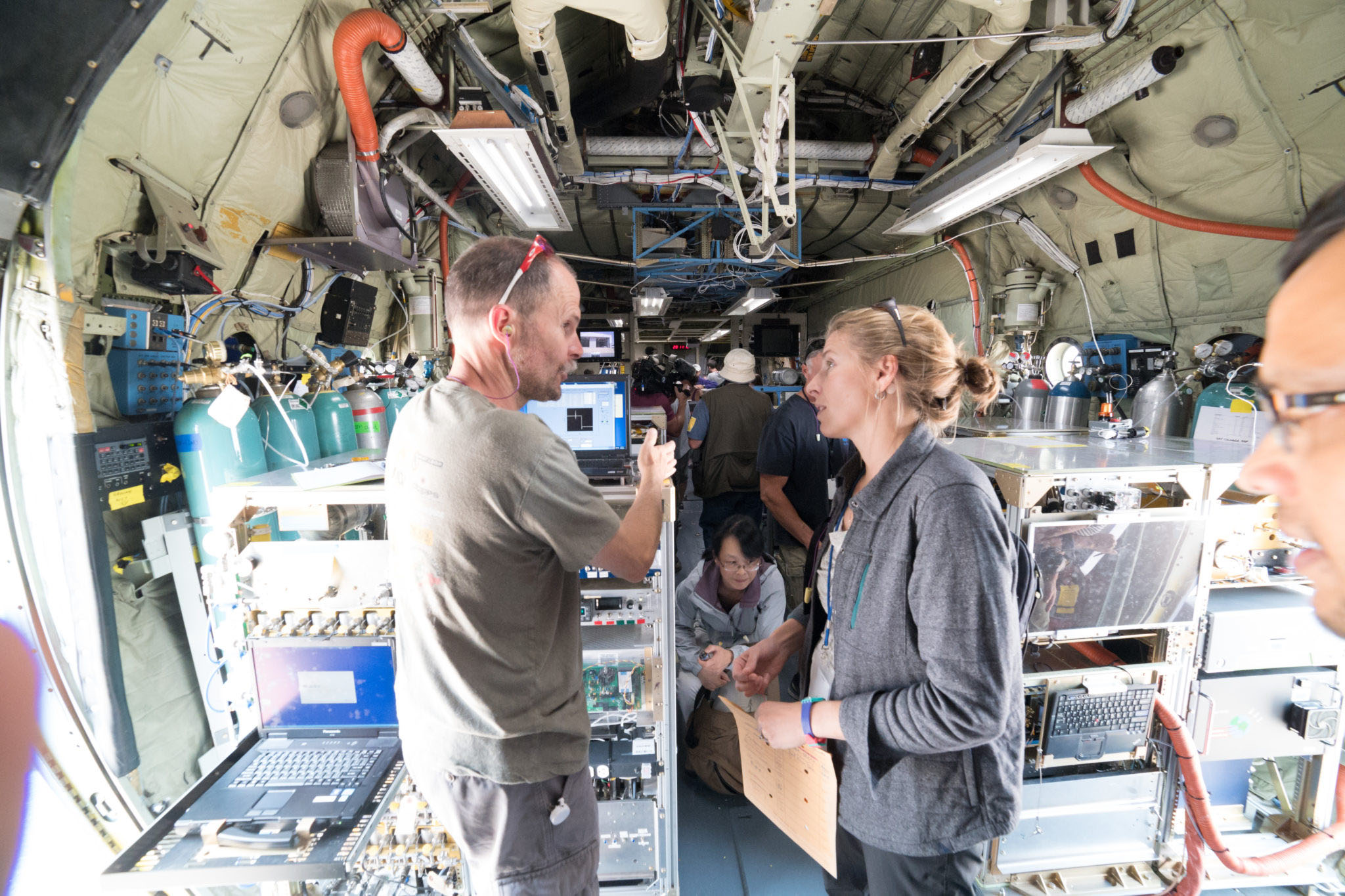
Colorado State University atmospheric scientist Emily Fischer has been selected by Science News as one of 10 scientists to watch – a distinction that recognizes early- and mid-career scientists age 40 and under who are significantly contributing to their fields.
Fischer, an associate professor in the Department of Atmospheric Science, was honored in part for her wildfire smoke research. She will be featured in the Oct. 10 issue of Science News and on its website.
“Fischer, an atmospheric chemist, pulled together a diverse team of 10 lead scientists, and scores more graduate students and postdocs, to pull off the most comprehensive analysis of wildfire smoke ever attempted, a project dubbed WE-CAN. She combines analytical chemistry with high-flying techniques to understand where air pollution comes from and how it changes as it moves through the air,” Science News wrote in its spotlight on Fischer.
The honor took Fischer by surprise, and she acknowledged all the people she has worked with on WE-CAN and other projects.
“I really owe a lot of the journey over the last five or six years to some really wonderful teams that I’ve been on,” she said.
Fischer said she’s looking forward to reading more about the other scientists on the list. She has found the work of past recipients, such as Abigail Swann, to be inspiring.
Fischer was nominated by a past SN 10 recipient, who lauded Fischer’s work in the areas of air quality and diversity.
“In addition to significant scientific advancements, she has substantially advanced research on how to increase diversity in geosciences,” said the nominator, who preferred to remain anonymous.

Fischer recently received a $3.5 million grant from the National Science Foundation to expand the PROGRESS mentoring program she founded at CSU. The expansion will reach 2,000 students across the U.S., encouraging the retention of undergraduate women in STEM.
In 2019, she was awarded the James B. Macelwane Medal – one of the highest honors bestowed by the American Geophysical Union. That same year, Atmospheric Science graduate students picked her as “Professor of the Year.”
The Science label “scientist to watch” comes with some pressure, Fischer admits.
“Don’t watch me too closely, I make a lot of mistakes,” she joked.
For anyone watching, Fischer will be studying what’s in the air we breathe and working toward the betterment of science and society.
“I am going to continue to work on opening up pathways into science. I’m also going to continue to think about ambitious and creative ways we can learn more about a variety of different air pollution issues, including those related to agriculture, energy production and wildfires,” she said.